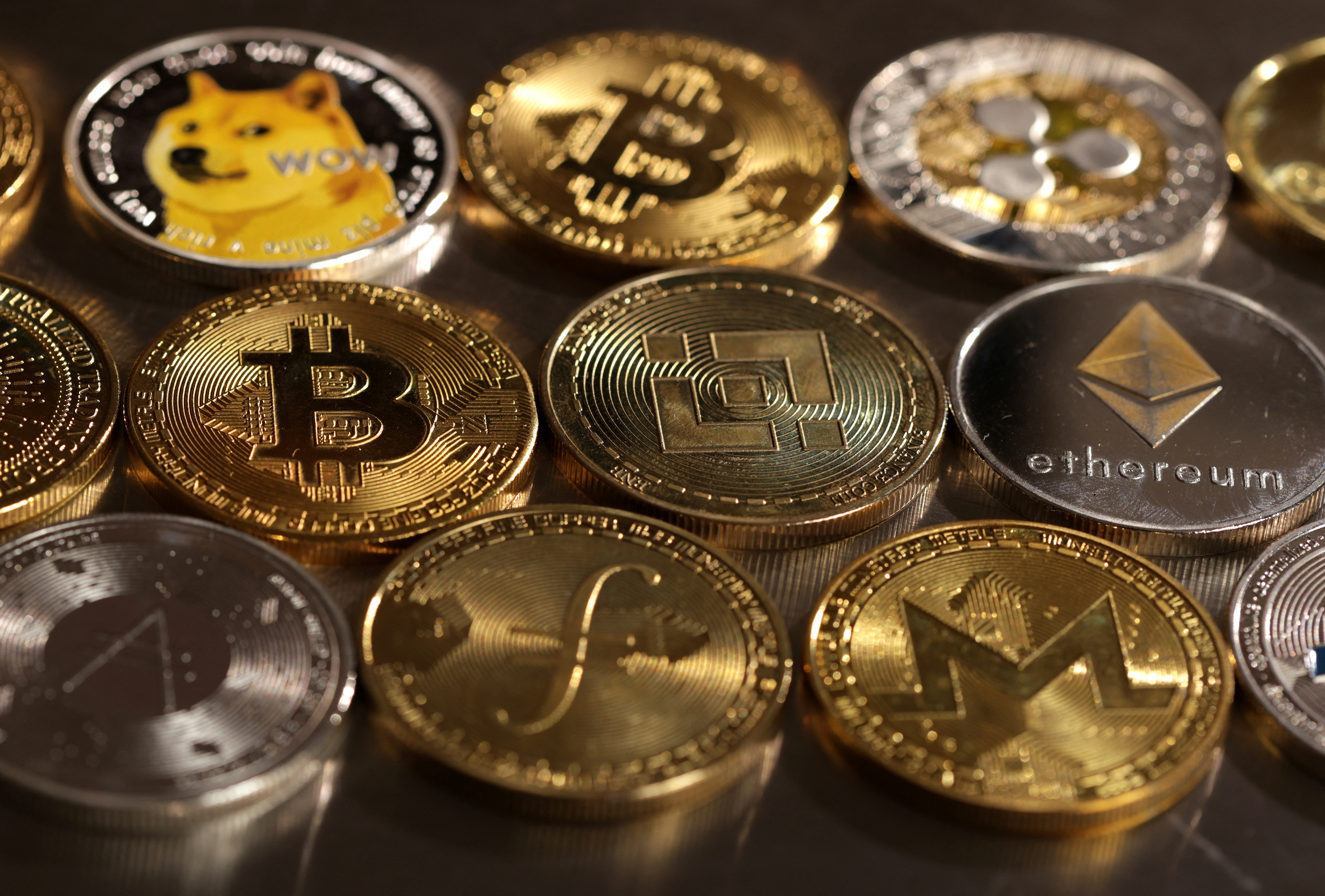
The surge in applications underscores the increasing importance of regulatory compliance within the cryptocurrency industry. As Turkey continues to tighten its regulatory framework, these companies are aiming to align with the country's legal standards and operational requirements.
Despite this influx, several major global exchanges are conspicuously absent from the list. Companies such as Coinbase, Bybit, KuCoin, MEXC, and Gate have not yet filed for licenses. This absence may indicate differing strategic priorities or a wait-and-see approach regarding Turkey's evolving regulatory landscape.
Turkey's regulatory push comes amid global shifts towards stricter oversight of digital assets. The move is part of a broader effort to curb financial risks associated with cryptocurrencies and enhance consumer protection. As countries around the world grapple with how to manage the burgeoning crypto sector, Turkey's proactive stance is indicative of a larger trend towards regulatory clarity.
The licensing process in Turkey involves a thorough review to ensure compliance with financial regulations and anti-money laundering standards. For cryptocurrency exchanges, this means adhering to strict guidelines that include detailed operational procedures and financial transparency.
The decision by these 47 firms to apply for licenses suggests a strategic pivot towards meeting regulatory expectations and establishing trust with users and regulators alike. By securing a license, these companies can operate within a framework that aims to safeguard both the market and its participants.
The absence of major players like Coinbase and KuCoin raises questions about their future plans in Turkey. It remains to be seen whether these exchanges will eventually seek licenses or whether they will explore alternative strategies in response to Turkey’s regulatory environment.
Overall, the Turkish regulatory body's announcement marks a crucial development in the country’s approach to cryptocurrency regulation. As more exchanges navigate the licensing process, the impact on the broader market and regulatory practices in other countries will be closely watched.
Topics
Cryptocurrency
